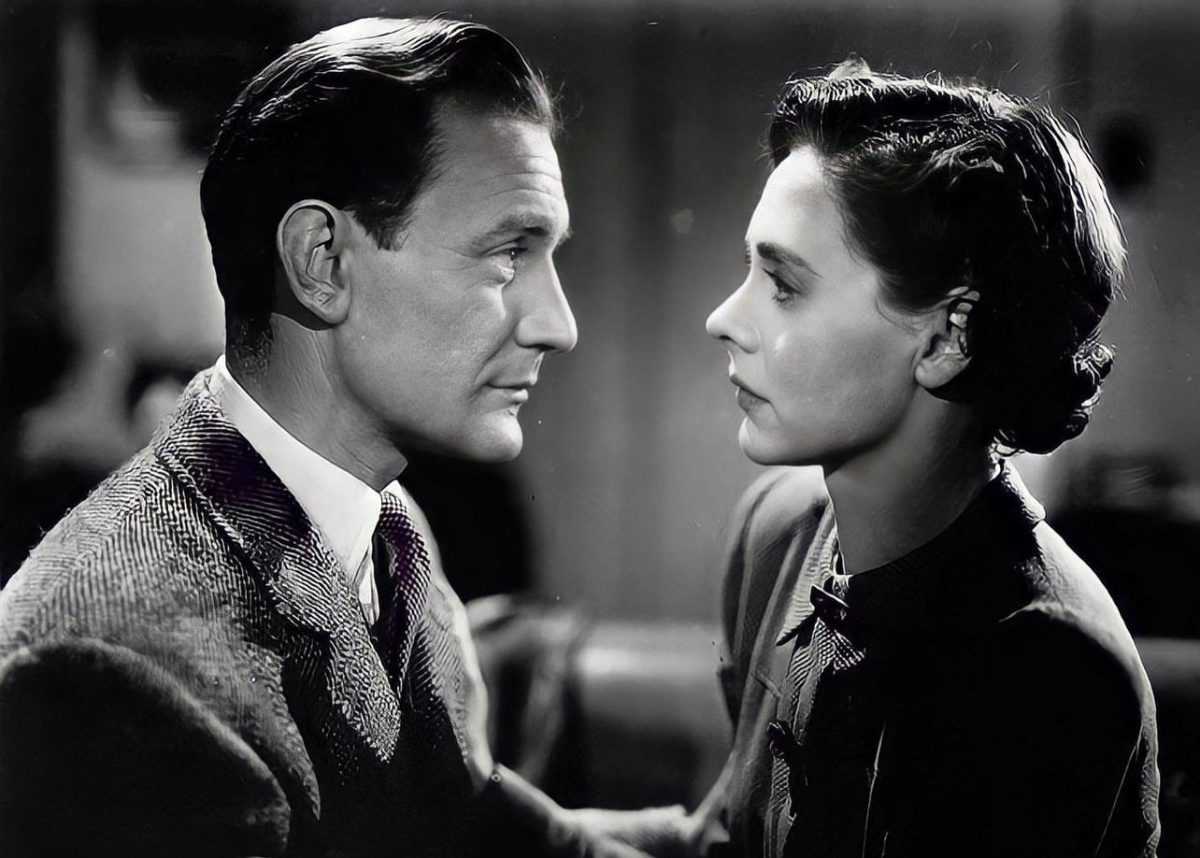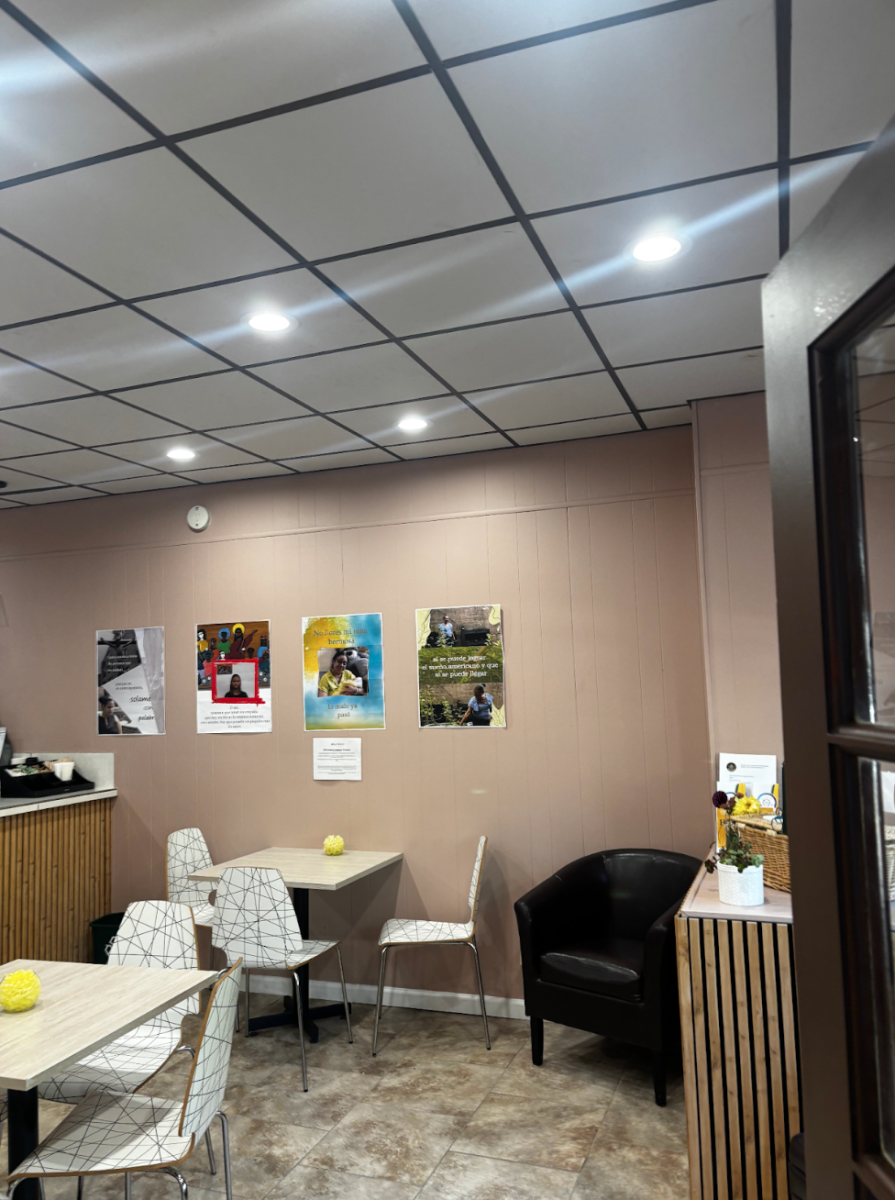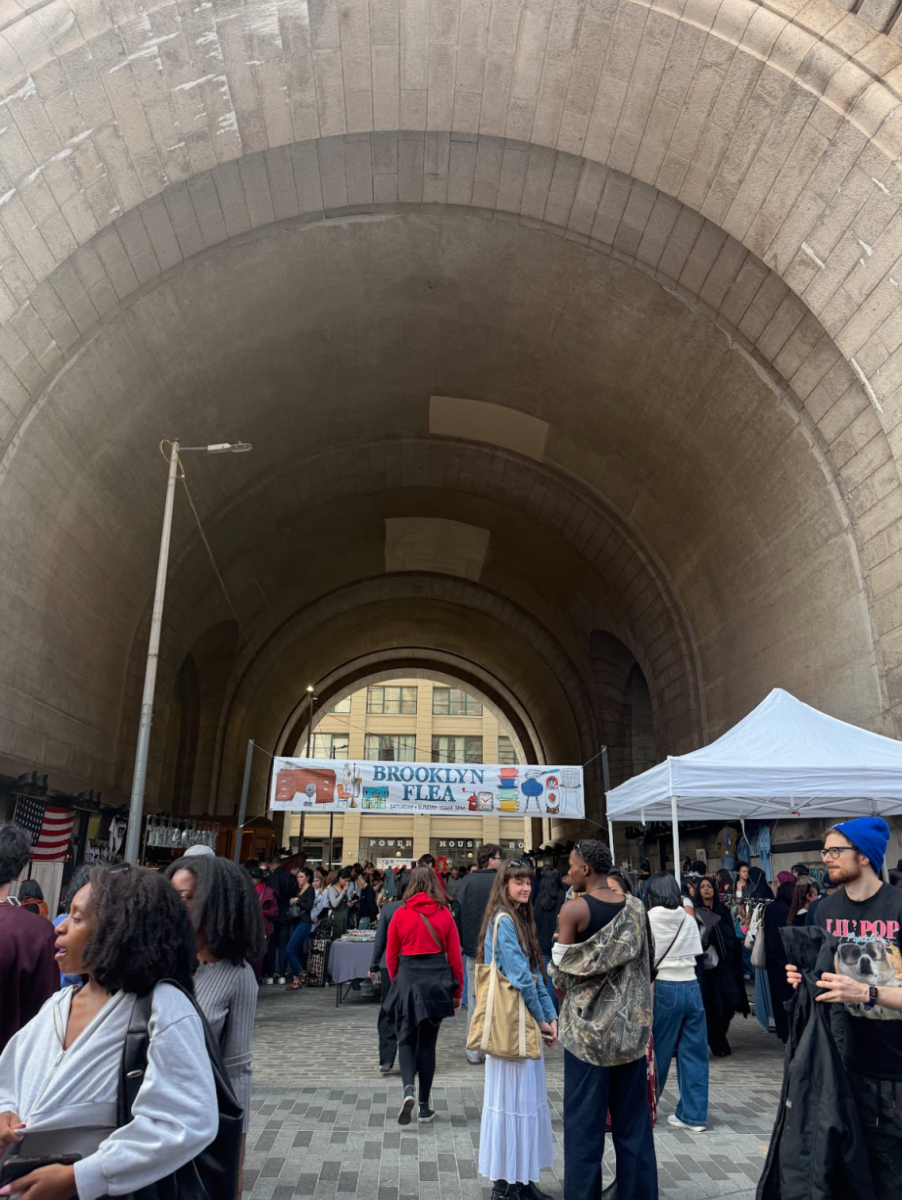One of my favorite directors is David Lean. He is widely known for the series of large-scale films that he directed in the 1950s-60s, which include “The Bridge on the River Kwai.” Lawrence of Arabia” and “Dr. Zhivago.” All three films are stories of epic proportions that are full of landscapes and characters that are larger than life. They include great cinematography and some of the best-edited sequences in film history. While it is easy to be impressed by Lean when watching these grand films, there is another one of his films that is on a smaller scale:“Brief Encounter.”
The premise of “Brief Encounter” is deceivingly simple. It’s the name of the movie. The film opens in a cafe in a small train station in 1940s England. While the camera is focused on a conversation between a station worker and a cafe cashier, a couple is sitting in the background. The lady is named Laura Jesson, played by Celia Johnson. She is a middle-aged woman. The man is a doctor named Alec Harvey, played by Trevor Howard. Our focus moves over to them, and something seems off. Then, a woman walks in and recognizes the women sitting at the table. The three of them engage in small talk, and the man gets up to leave and catch his train. We follow the woman home, where she sits down with her husband and begins to imagine telling him what has happened to her.
The film’s plot is narrated from Laura’s viewpoint. We find out that while she loves her husband, she feels unfulfilled in their marriage. Once a week, she takes the train into the nearby town to see a film. One day, she is waiting for her train home when something from a passing train gets in her eye. Alec comes over to help her. A few weeks later, they bump into each other at a restaurant and spend the rest of the day together. Soon, they realize they have developed feelings for one another. Their relationship deepens, and they become sneaky, trying to ensure no one finds out about them. Nonetheless, it gets to a point where they both decide to end things. Alec gets a job requiring him to leave England, and they meet at the train station cafe where they first met.
What happens next is what makes this movie go from good to great. We realize this is the same scene from the film’s start. Then Laura’s friend walks in, and we realize why the couple looked tense. Since they have had to keep their relationship a secret, Laura and Alec can’t say a proper goodbye to each other. What seemed like normal small talk at the film’s start is now full of melancholy. Just like that, Alec’s train arrives, and he gets up and leaves unceremoniously. Lean shows this by closing the door on Alec and her friend, immediately moving into the frame. A few minutes later, he further shows Laura’s sadness by slowly zooming in on her face with a Dutch angle as a train whistle blares. Then, it cuts to a train blasting by the station at a Dutch angle with Laura on the platform’s edge. This devastating sequence demonstrates how effective Lean’s ability as a director was in conveying such complex emotions with very simple camera movements.
There are aspects other than the camera work of this film that I enjoy. The narration is done in an old-fashioned way, meaning there is much of it. However, it works because the narration highlights the emotional turmoil that Laura experiences throughout the film. The film’s soundtrack is Rachmaninoff’s Piano Concerto o. 2, a beautiful piece of classical music. It adds a lot to the film’s melodramatic nature. Finally, I like the small scale of the film. Most of the important scenes in the film take place at the train station and its cafe. While the physical scale of the movie is small, the emotional stakes feel very large. It says a lot about Lean as a director that he effectively achieved this sense through his direction. So, if you’re looking for a good drama to watch, try “Brief Encounter.” You won’t regret it.











































































































































































































